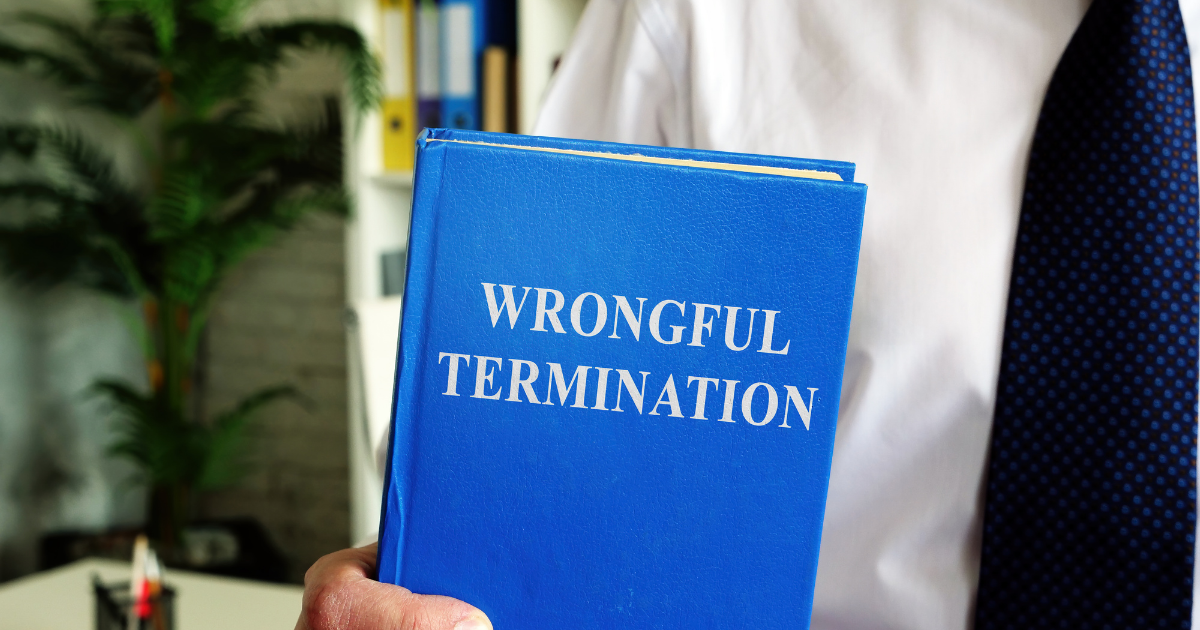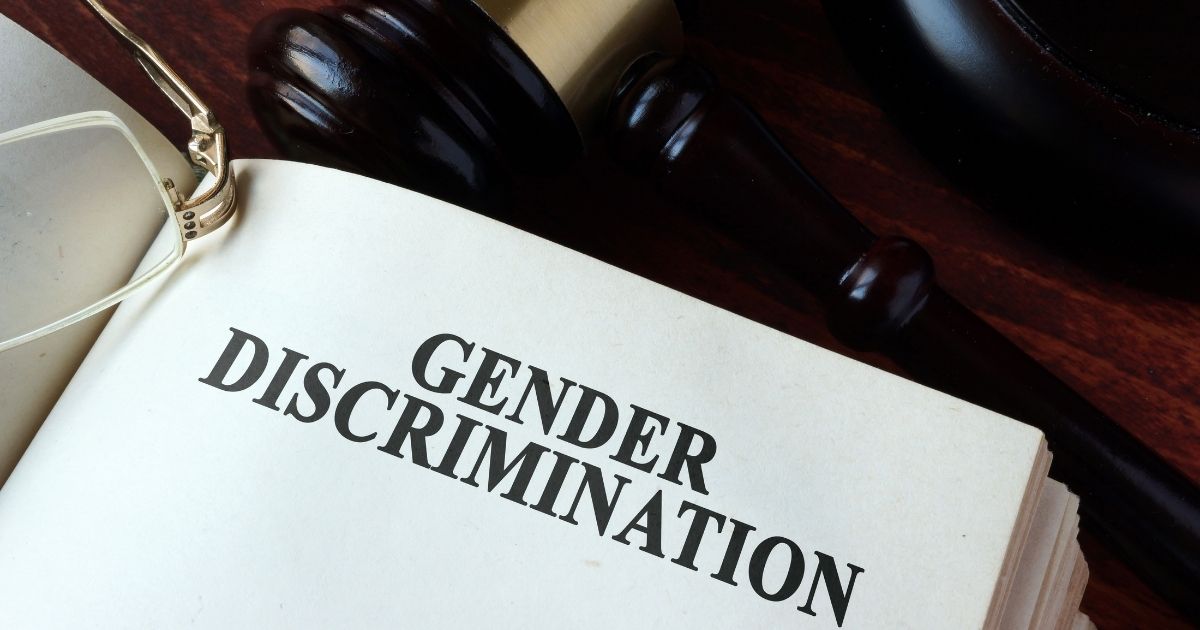How Are Deaf Applicants Discriminated Against by Employers?

When a person who is deaf looks for a job, they may encounter employment discrimination. Discrimination may be done overtly or subtly by prospective employers. Often, discrimination occurs due to prejudices or because the employer does not fully understand deafness and hearing loss. For example, an employer may mistakenly think that a deaf employee will need an interpreter all the time.
Some deaf applicants will omit their disability on their resume. People who are deaf or have hearing loss often utilize a personal relay phone number on their resume. Employers would not know that the applicant is deaf or hard of hearing until they call the phone number.
If you feel that you have been discriminated against because you are deaf or have hearing loss, then the best course of action is to document everything. Proper documentation is paramount to winning a potential legal battle. For example, if you utilize a relay phone call to your potential employer and they state that they do not hire people who are disabled, document the incident.
What Should I Do if I Experienced Discrimination Due to My Disability?
If you have experienced discrimination while applying for a job, it could be a violation of the Americans with Disabilities Act (ADA). The ADA states that a job applicant is considered qualified if the person can do the necessary functions of the job with or without reasonable accommodations. One reasonable accommodation may include an interpreter for important staff meetings.
The Equal Employment Opportunity Commission (EEOC) is responsible for protecting your rights in the job search, along with your rights while you are employed. While you may want to file a discrimination lawsuit immediately, the EEOC mandates that you have to file a complaint before you can file a lawsuit. You have 180 days to file from the day the discrimination happened, including holidays and weekends.
Filing With the EEOC
There are three different methods that you can file an employment discrimination complaint with the EEOC. You can do so in person, by phone, or through the mail. If you choose to do so in person, then go to an EEOC field office. Since each office has its own procedures, the EEOC states that you should contact the field office in advance. To start a charge of discrimination by phone, you can call the EEOC and provide them your information, but you still must file the charge.
To file by mail, you can mail the EEOC a signed letter that has all the details. The EEOC may contact you for more information, or the EEOC may put all the information you sent on an official charge form and ask for your signature. You may consult and hire a lawyer to represent you through the EEOC process, which can be very helpful.
Mediation and Investigation
The EEOC could ask you to go through mediation. If that fails, a charge of discrimination will go to an investigator. When the EEOC investigator decides that there are grounds for a discrimination case, they will try to settle with the employer. If a settlement is not achieved, the EEOC will decide whether to file a lawsuit against the employer.
Philadelphia Employment Lawyers at Sidkoff, Pincus & Green P.C. Help Workers Who Have Experienced Deaf Discrimination
Being deaf should not put you in a position where you are not qualified for employment. Our Philadelphia employment lawyers at Sidkoff, Pincus & Green P.C. can listen to your discrimination case and advise you on how to proceed. Call us at 215-574-0600 or complete our online form for an initial consultation. We are located in Philadelphia, and we serve clients throughout Pennsylvania and New Jersey.






















